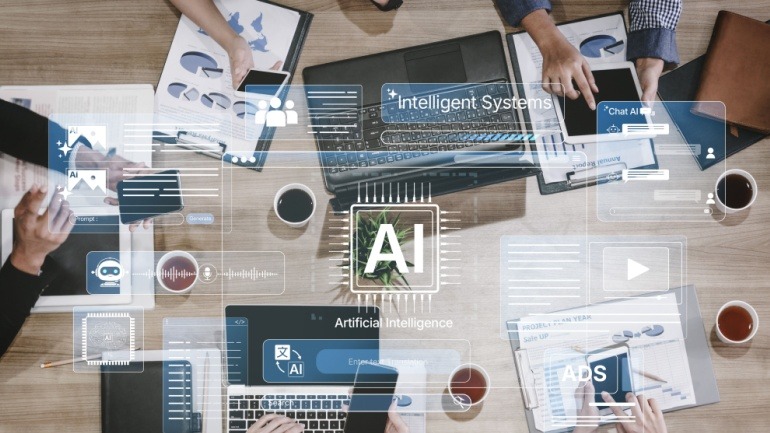Softbank recently partnered with Nokia to conduct groundbreaking trials in Japan. They are testing the 7GHz spectrum band for 6G communication. This initiative marks the country’s first use of this frequency, aimed at advancing the future of mobile networks. The testing is taking place in Tokyo, Japan’s bustling capital, and leverages massive MIMO technology to evaluate new deployment scenarios in highly congested urban environments.
The 7–24 GHz frequency range, known as FR3 in the standards community, is gaining attention from the International Telecommunication Union (ITU). It is likely to be a key element in future mobile networks, complete with discussions at the upcoming World Radiocommunication Conference 2027. During the trial, Softbank installed three pre-commercial 7GHz base stations in strategic locations in Tokyo. This effort intends to explore how 6G compares to existing 5G coverage.
“The 7GHz band offers significantly broader bandwidth than 5G’s Sub-6 bands. When combined with the already defined 6,425–7,125 MHz 5G band, it enables nearly 2GHz of contiguous spectrum. Its propagation characteristics are similar to Sub-6, making it well-suited for high-speed communication and reliable area coverage,” said Softbank.
This trial can usher in broader bandwidth and expanded coverage in dense cityscapes. As mobile data consumption rises—driven by AI-enhanced devices and applications—solving urban signal penetration problems becomes paramount. Softbank’s tests examine whether the 7GHz band could offer improved capabilities to balance capacity and coverage challenges.
Beyond its 6G ambitions, Softbank is also carving out a significant position in the AI landscape. Their CEO, Masayoshi Son, outlined the company’s aspirations to lead in the domain of ‘artificial super intelligence’ (ASI) within a decade. This bold strategy seeks to emulate the dominance technology giants like Microsoft and Amazon have achieved in their respective fields. To realize this vision, Softbank is investing heavily in partnerships with firms like OpenAI and Arm. These collaborations form part of a larger vision to build advanced AI data centers across the U.S. through a multi-billion-dollar Stargate project.







